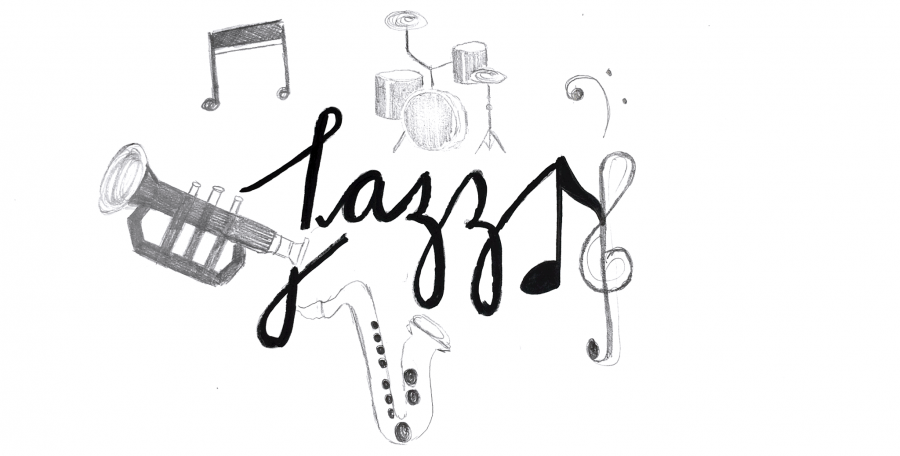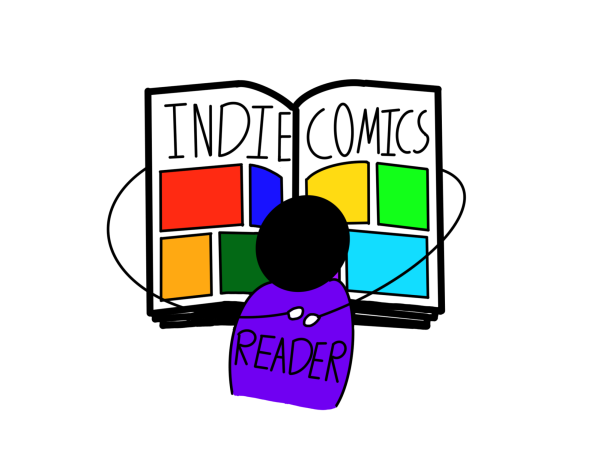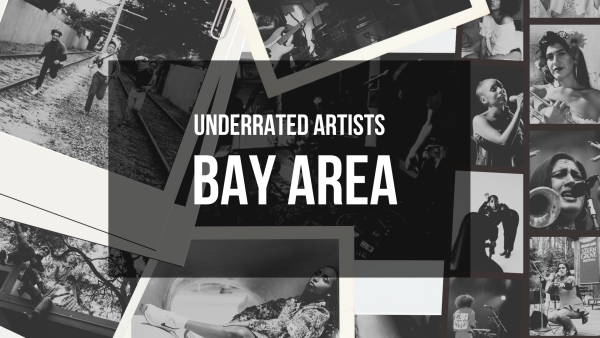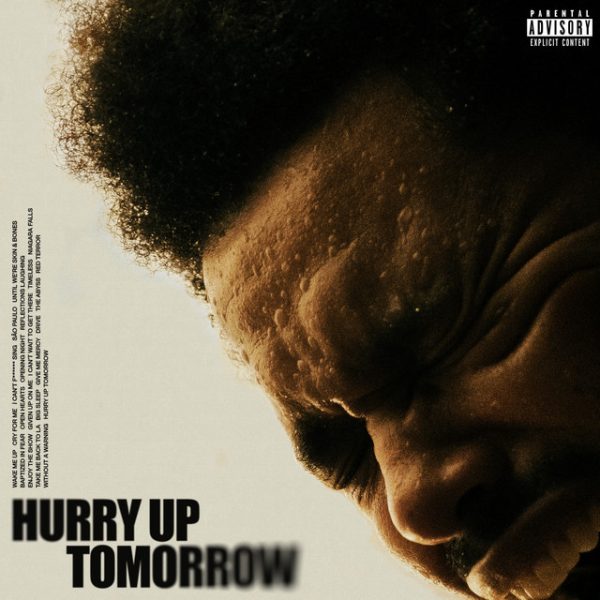Jazz: a conversation
Why preservation of jazz music is necessary
Photo by Aarya Gupta
Jazz is an essential form of art, yet remains significantly underappreciated.
Though jazz music initially made headlines in the Roaring ‘20s, its origin traces to the era of slavery, representing a rich history of rebellion, culture, freedom and most importantly, conversation.
“Jazz allows you to communicate and understand way below and above speech,” senior Matei Predescu said. “[Jazz is] a pathway into people’s minds and life experiences.”
Junior Matteo Muschettola also shares Predescu’s sentiments.
“Jazz is all about reaction and relationships,” Muschettola said. “It is literally life.”
Predescu and Muschettola are members of Skinny Seventh, a jazz band consisting of current and graduated HHS students, and strong advocates for the prevalent significance of jazz music.
For Predescu, his experience with jazz “defined his adolescence,” as his time in Skinny Seventh revealed the capacity to which jazz music could develop his relationships with others.
However, jazz lovers, including Predescu and Muschettola, acknowledge this beautiful form of expression has been reduced into an ambiance, or a “coffee shop mood” on Spotify.
Many consider the genre outdated, and in the process, disregard its cultural relevance.
For instance, consider Kendrick Lamar’s latest album, “To Pimp A Butterfly.” This project has been hailed as one of the best albums in hip-hop history, and earned the Grammy for ‘Best Rap Album of the Year.’
Upon closer listening, one can pinpoint the strong jazz influences within each song.
Lamar utilizes jazz to not only create an album full of gorgeous sound, but one of critical, raw conversation; in fact, the album itself is a theoretical conversation with Tupac Shakur.
In Lamar’s track ‘u,’ the true form of jazz appears; Predescu said, “[this track] from ‘To Pimp a Butterfly’ is an angry piece of music; it’s deeply emotionally raw and heavy, and that is what jazz is.”
Kendrick Lamar’s album serves as further evidence for the undying importance of jazz music; arguably, the future of hip-hop lies in jazz.
To those who are not fond of jazz music, please reconsider its capabilities; view the genre as a piece of modern art, not an outdated exhibit. Upon accepting its cultural relevance, and listening to the conversations between instruments, jazz music can hold endless meaning.
As Louis Armstrong once said, “What we play is life.”
This simple statement encompasses the idea of jazz in five words. This art imitates life wholeheartedly, and portrays the struggle through a beautifully vulnerable medium.
Matei and Matteo’s Playlist:
- Miles Davis – My Funny Valentine
- Bill Evans – Turn Out the Stars/The Final Village Vanguard Recordings
- Hank Mobley – Soul Station
- Oscar Peterson – Night Train













Roy • Feb 3, 2017 at 5:08 pm
Thanks for putting this up!!
I agree that jazz needs to be further recognized as what it truly is in its raw form.